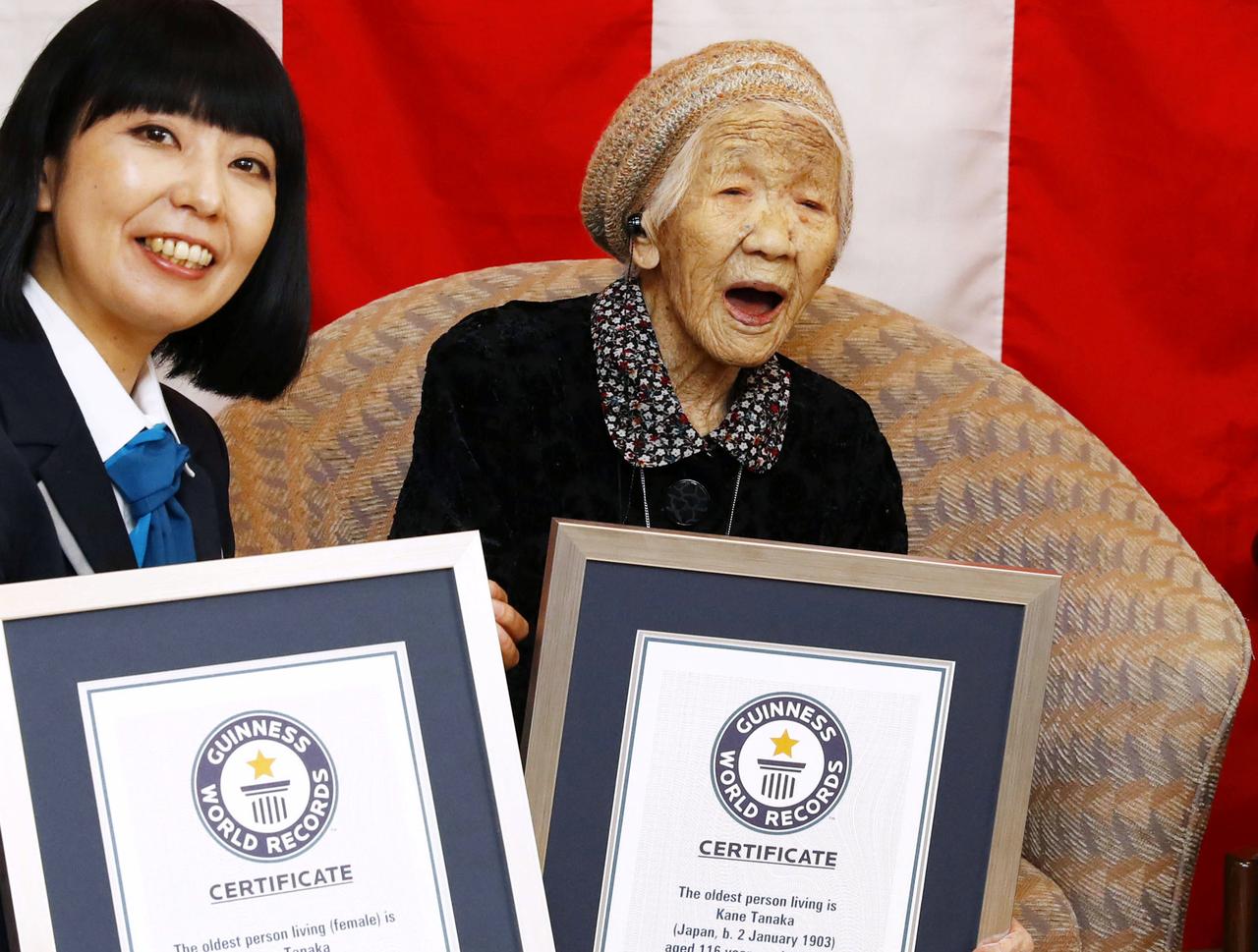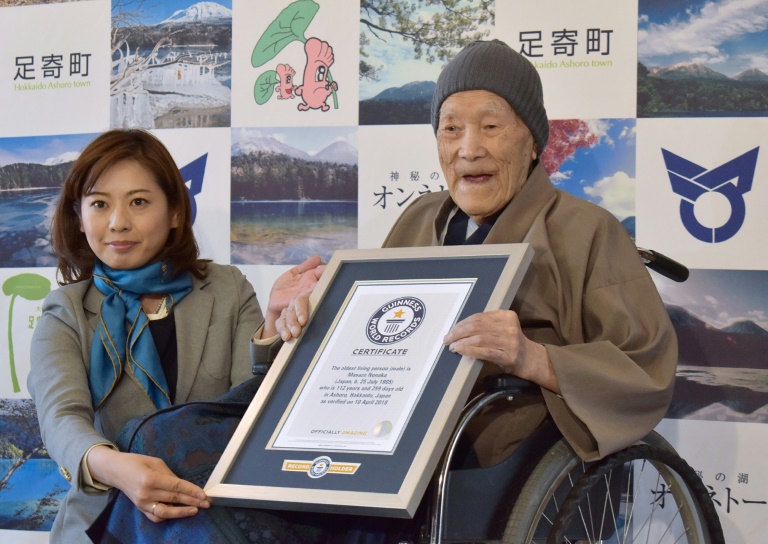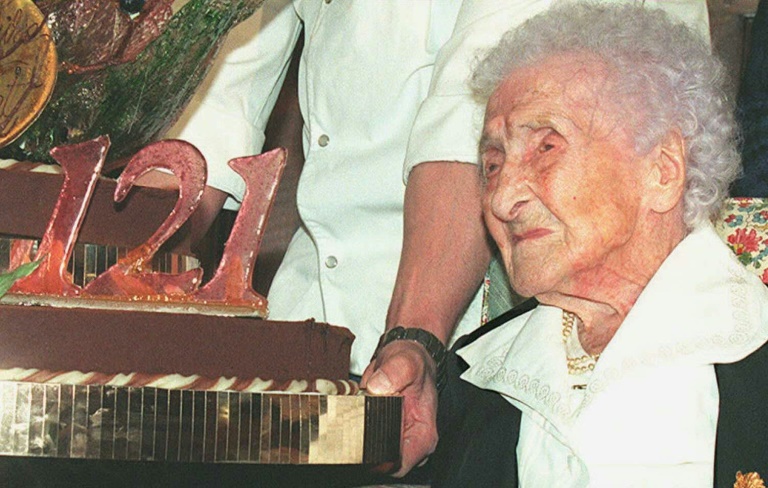
According to new American research, women who begin menstruating after the age of 12 and enter menopause after the age of 50 are more likely to live to 90 years old.
A team of researchers from the University of California San Diego School of Medicine in the USA have linked female life expectancy to the length of their reproductive span.
After studying 16,000 women for 21 years, the scientists' findings — published in the journal Menopause — show that women who started menstruating after the age of 12 and entered menopause after the age of 50 were more likely to live to 90, especially those with more than 40 reproductive years between their first and final menstrual periods.
Note that the average age of menopause is 51, but women can enter this phase of life between the ages of 40 and 55.
Dr Aladdin Shadyab and colleagues found that this group of women were at lower risk of cardiovascular disease and aged in better health, which could explain their longevity. They also tended to be non-smokers — since smoking can lead to earlier menopause — and were less likely to have a history of diabetes. Menopause generally occurs one to two years earlier in smokers than non-smokers.
A second study of 124,000 women, published in the same journal, found that late onset of menopause — after the age of 55 — increased the risk of developing type 2 diabetes by 12 percent. According to the study, the risk was lowest for women entering menopause between 46 and 55 years old.
Lifestyle factors can affect the age at which women experience menopause. Improving diets, lifestyles and quality of life in Western countries have generally pushed back the age of onset.
Further studies are now required to understand how genetic, environmental and lifestyle factors can explain the link between reproductive span and life expectancy.




